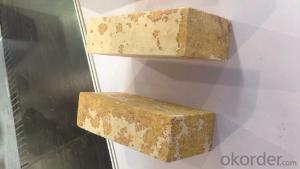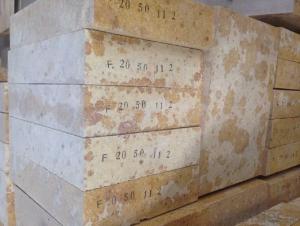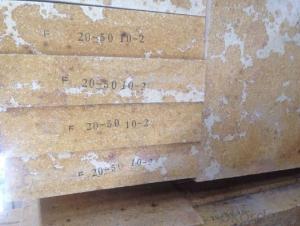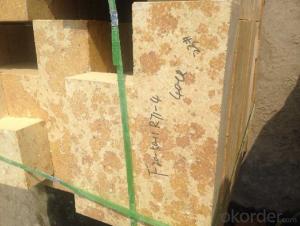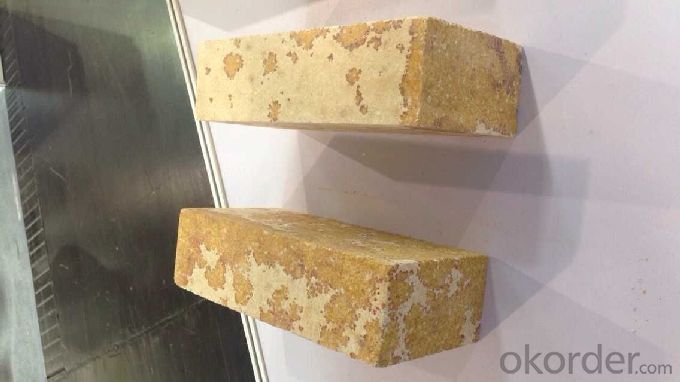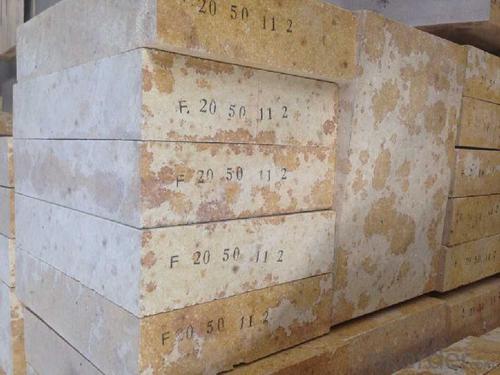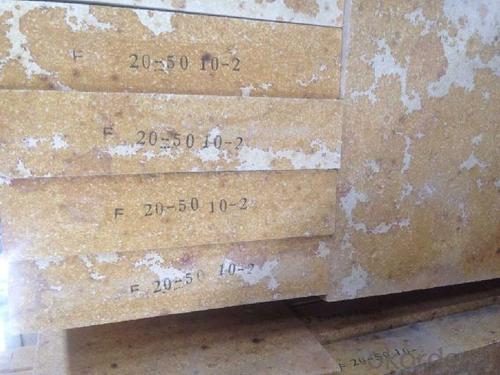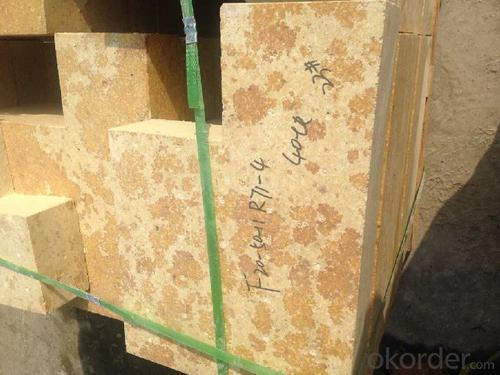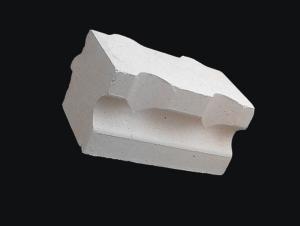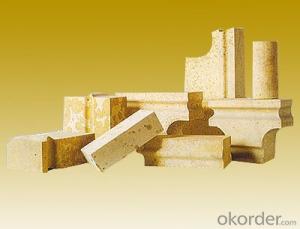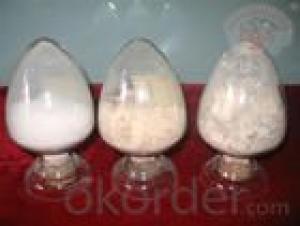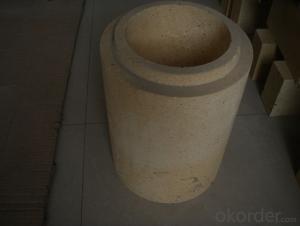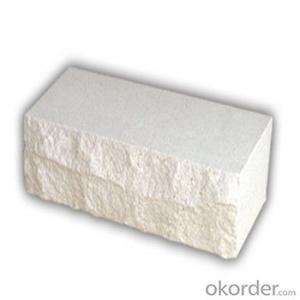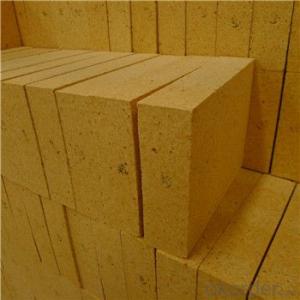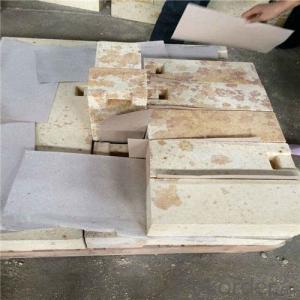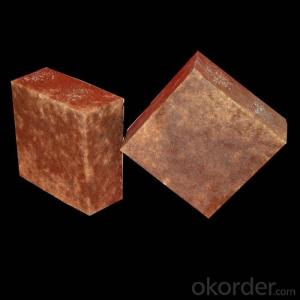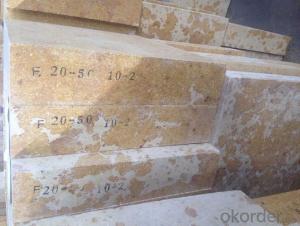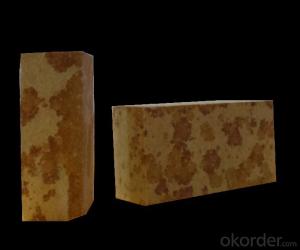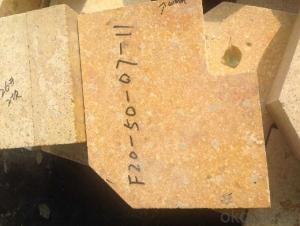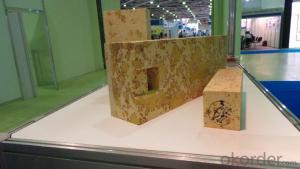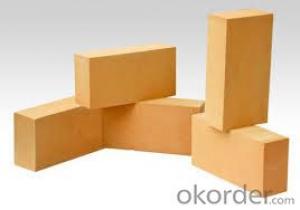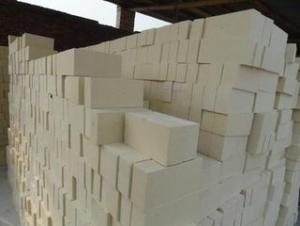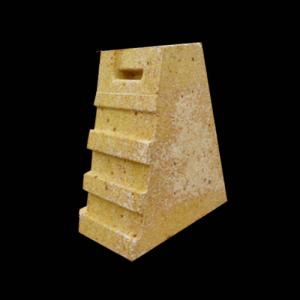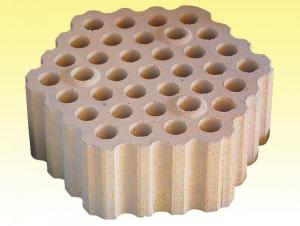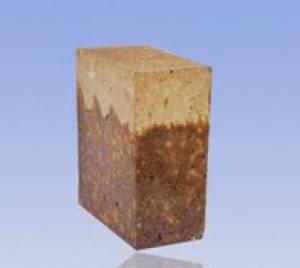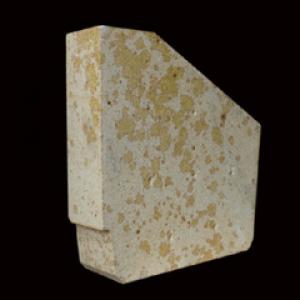Silica Sand Brick Patio Super Duty Silica Brick for Glass Melting Tank 94
- Loading Port:
- Tianjin
- Payment Terms:
- TT OR LC
- Min Order Qty:
- 15 m.t
- Supply Capability:
- 30000 m.t/month
OKorder Service Pledge
OKorder Financial Service
You Might Also Like
General Information
The CMAX super-duty silica bricks for glass melting tank is characterized by high purity, less impurity, good corrosion resistance, higher bulk density, complete phase transformation, lower residual quartz, high RUL, lower thermal expansion and stable volume at high temperature. This leads to increase in service life of glass furnace and reduction in energy consumption. These products have found wide application in crown and key areas and been highly appreciated by clients.
Feature
CMAX Silica bricks produced by CNBM are characterized by smaller density, good thermal shock resistance, lower thermal conductivity, high RUL and good insulating performance.
Application
Glass melting tank
Glass furnace
Physical Properties and Chemical Compositions
Item | Values |
SiO2 % | ≥94 |
Bulk density g/cm3 | ≥1.0 |
Cold crushing strength MPa | ≥2.0 |
Permanent linear change % 1450℃,2h | ≤0.5 |
Refractoriness under load 0.2MPa °C | ≥1500 |
Thermal conductivity W/(m.k) (350±10°C on the average) | ≤0.55 |
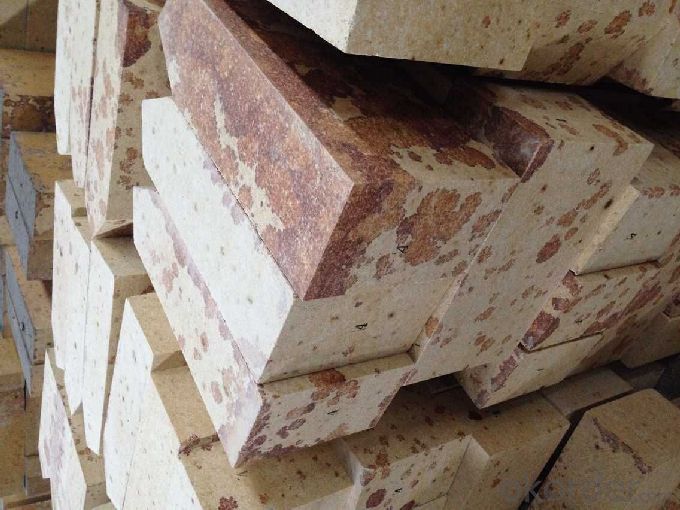
- Q: Because of the recent relates to this industry, by way of learning to name for all raw materials, I hope knowledgeable friends exhibitions, thank you.
- Acidic materialMainly siliceous materials, such as quartz, tridymite and cristobalite, chalcedony, flint, opal, white quartzite, silica sand, diatomaceous earth, silicon oxide contained in these siliceous materials (SiO2) at least 90%, pure raw materials are silicon oxide as high as 99% or more. Siliceous materials at high temperature is the acidic nature of chemical dynamics, when the presence of metal oxide, or when in contact with the chemical reaction, and combined with a fusible silicate. Therefore, if there is a small amount of metal oxide in siliceous material, it will seriously affect its thermal resistance.
- Q: The hot blast stove when the temperature did not rise against the brick interface decreased
- Insulation of hot blast stove, key insulation silica brick hot stove, hot blast stove is shutdown or need repairing in blast furnace.
- Q: The United States of our brick anti-dumping duties?
- At present of our brick anti-dumping rate is 73.10%
- Q: Can iron oxide be used as refractory material?
- Iron oxide can not be used as refractory material, but it can be used as refractory additive. Iron oxide can be used as pigment
- Q: Why is the three oxidation of two silicon is very harmful impurities in silica brick
- Heating calcination is the best way to extend this sort of impurity removal. Remove impurities
- Q: What are the main constituents of refractory bricks?
- Refractory brick composition is mainly composed of a variety of aggregate or aggregate and one or more kinds of sticky agent composed of mixed powder particles, when used, must be mixed with one or more liquids, mixing evenly, with strong liquidity. Different refractory bricks are different, such as silicon, aluminum, clay and so on:
- Q: Brick
- The silica mineral phase is mainly composed of tridymite and cristobalite, there is a small amount of quartz and glass. Tridymite and cristobalite and quartz remaining at low temperature due to phase change, volume changes greatly, so the brick thermal stability at low temperature is very poor. In use, under 800 degrees Celsius, slowly heating and cooling, so as not to produce cracks. The use of temperature in blast furnace so should not be below 800 DEG on.
- Q: The difference between clay refractory bricks and refractory brick in the application.
- Clay brick features good thermal shock resistance and low price, but high temperature performance is not well integrated, and the long-term use temperature is not higher than 1300 degrees. It is widely used in low temperature parts of various kilns.
- Q: What is the silica refractory products?
- Refractory brick with silica content greater than 90%.
- Q: Physical solid waste disposal
- Too much addition will reduce the refractory and mechanical strength, increase porosity, so the amount of waste brick should not be too much.
Send your message to us
Silica Sand Brick Patio Super Duty Silica Brick for Glass Melting Tank 94
- Loading Port:
- Tianjin
- Payment Terms:
- TT OR LC
- Min Order Qty:
- 15 m.t
- Supply Capability:
- 30000 m.t/month
OKorder Service Pledge
OKorder Financial Service
Similar products
Hot products
Hot Searches
Related keywords
